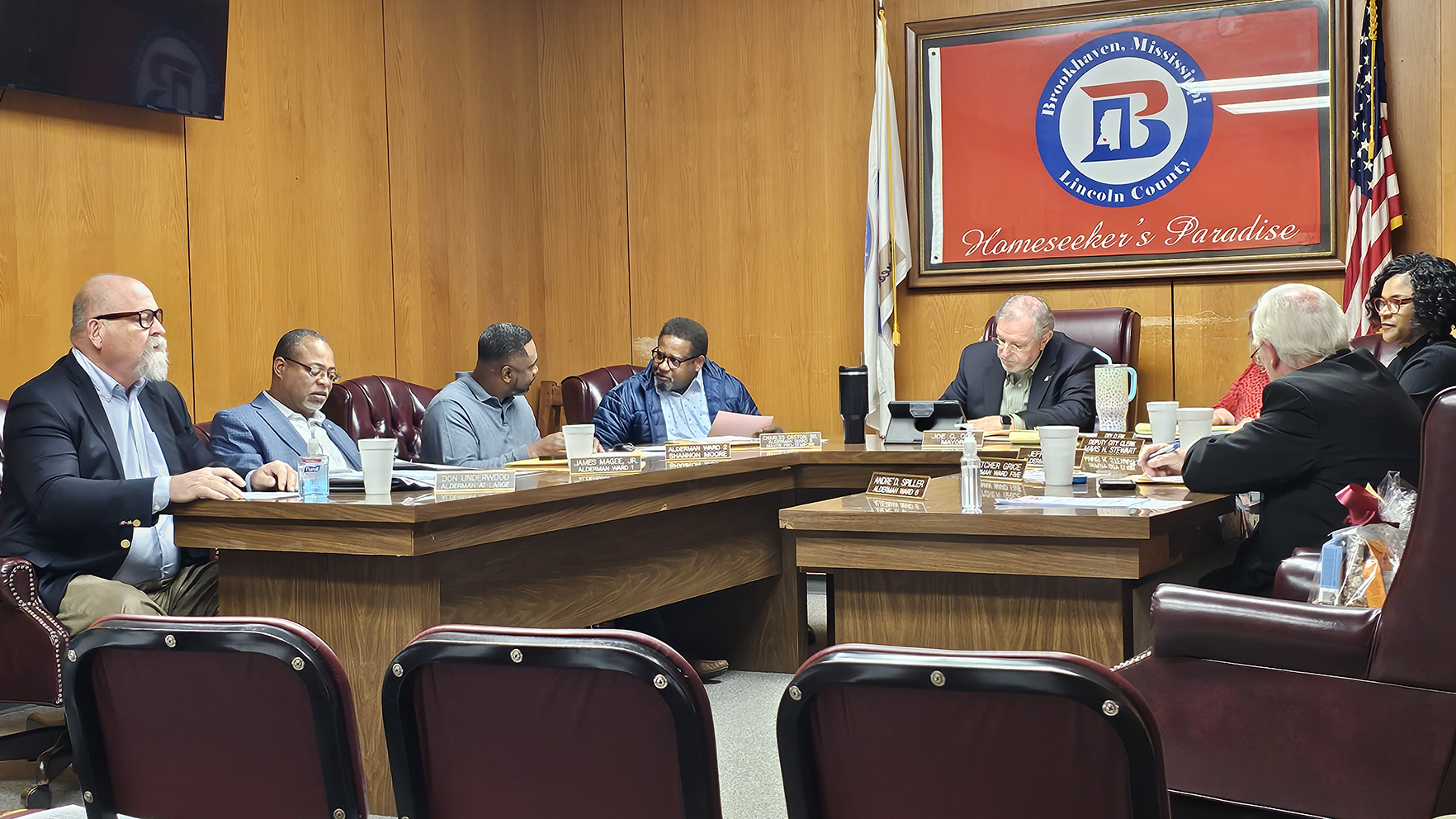Legislature ordered to create more black-majority districts
Published 12:00 pm Thursday, July 4, 2024

- Image courtesy Mississippi Department of Archives and History The “In God We Trust” flag was selected as the proposed new state flag for Mississippi by the Commission to Redesign the Mississippi State Flag and submitted this week to the state legislature and Gov. Tate Reeves, to be voted on in the general election Nov. 3.
A federal three-judge panel has ordered the Mississippi Legislature to create more black-majority House and Senate districts.
“The court rightly held that the Mississippi Legislature used the redistricting process to dilute the power of black voters,” said Jarvis Dortch, executive director of the ACLU of Mississippi. “Those legislative districts denied black Mississippians an equal voice in state government.”
The three primary areas that must be redrawn are the Hattiesburg, DeSoto County, and Chickasaw County areas.
The judges ruled in a lawsuit filed on behalf of the Mississippi Conference of the NAACP and Black voters from across the state that the districts that were drawn in 2022 by the state Legislature diluted Black voting strength. Legislative redistricting occurs every 10 yeas after the federal census.
In the ruling, released late Tuesday, the federal panel said it would give the Legislature the opportunity to redraw the districts, but added, “It is the desire of this court to have new legislators elected before the 2025 legislative session convenes, but the parties can make whatever arguments about timing they conclude are valid.”
The state, which opposed the lawsuit, can argue for more time to redraw the districts. Or the state could appeal the ruling to the U.S. Supreme Court.
MaryAsa Lee, a spokesperson for Republican Attorney General Lynn Fitch’s office, said the agency is currently reviewing the court’s opinion. She did not say whether Fitch wanted to appeal the order.
The federal panel did not accept all of the arguments of the NAACP and other plaintiffs. But the panel ruled that Black-majority Senate districts should be drawn at least in the DeSoto County area in north Mississippi and in the Hattiesburg area in south Mississippi. In addition, a new Black majority House district should be drawn in the Chickasaw County area in northeast Mississippi.
The state has a Black population of about 38%. Currently there are 42-Black majority districts in the 122-member House and 15 Black majority districts in the 52-seat Senate.
Multiple groups represented the NAACP and other plaintiffs in the case.
The three judges serving on the panel were all appointed by Republican President George W. Bush.
Charles Taylor, executive director of the Mississippi State Conference of the NAACP, said he was pleased with the decision “although we wish the court had gone further.”
The NAACP and others argued the totality of the 2022 redistricting by the Legislature diluted Black voting strength. Groups argued by “packing” a large percentage of Black voters in a concentrated number of districts it deprived them from having an impact in other districts. The three-judge panel did not accept the total argument of the plaintiffs.
But still, the people who brought the lawsuit maintained the decision of the federal panel was a victory for Black Mississippians.
“This ruling brings us much closer to the goal of ensuring that Mississippi has a fair number of majority-Black legislative districts to go along with the majority-white ones,” said Rob McDuff, an attorney with the Mississippi Center for Justice.
The Lawyers’ Committee for Civil Rights Under Law, the American Civil Liberties Union, ACLU of Mississippi, the law firm of Morgan, Lewis & Bockius, Mississippi Center for Justice and civil rights attorney Carroll Rhodes all participated in the case.
“This ruling affirms that the voices of Black Mississippians matter and should be reflected in the state Legislature,” said Jennifer Nwachukwu, of the Lawyers’ Committee for Civil Rights Under Law Voting Rights Project.
The next step will be for either the state to appeal or present arguments to the federal panel on why the new districts should not be drawn and filled via election before the 2025 legislative session.
If the federal panel rejects potential arguments from the state about why the new districts should not be drawn before 2025, state lawmakers will likely have to convene for a special legislative session.
Republican Gov. Tate Reeves, who has the sole power to call lawmakers into a special session, did not immediately respond to a request for comment. A spokesperson for Republican Lt. Gov. Delbert Hosemann, the presiding officer of the Senate, also did not respond to a request for comment.
Taylor Spillman, a spokesperson for House Speaker Jason White, a Republican from West, said the speaker’s office was reviewing the opinion, but had not further comment on the ruling.
STAFF/MISSISSIPPI TODAY





